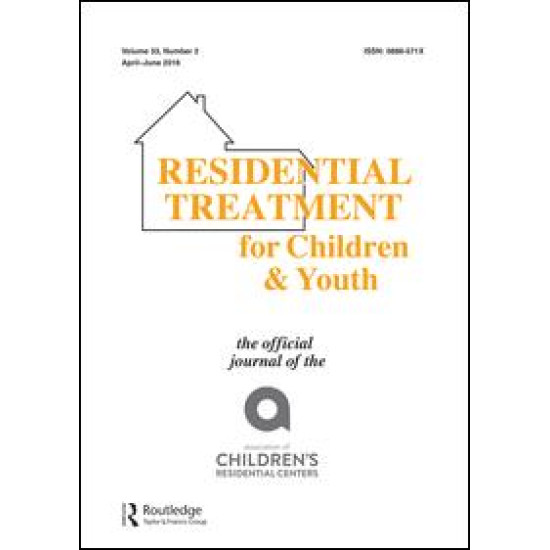
Residential Treatment for Children & Youth aims to be a bridge between theory, practice, and policy, providing guidance and direction to residential care providers and practitioners to improve services for vulnerable children and youth in child welfare, mental health and juvenile justice systems. It addresses all issues relevant to residential care settings from staff retention, training, services, and funding to delivering specialized programs for diverse populations.
Special emphases are placed on best practices, models for the residential care setting, and the impact of policy on service delivery.
The Journal welcomes original research studies and case studies or conceptual papers that describe practice concepts or innovations. Residential Treatment for Children & Youth
particularly invites papers from international colleagues engaged in residential care.
Peer Review Policy: All submitted articles are reviewed by at least two reviewers. The reviewers are generally blind to authorship; however, at times the editor will also provide an additional review. Once the reviews have been completed, a decision is made by the Editor regarding rejection, request for revision or acceptance. The corresponding author is notified of the decision and responds accordingly (e.g. with revision if requested). Resubmitted manuscripts should include a de-identified document that describes all manuscript changes in detail.

















